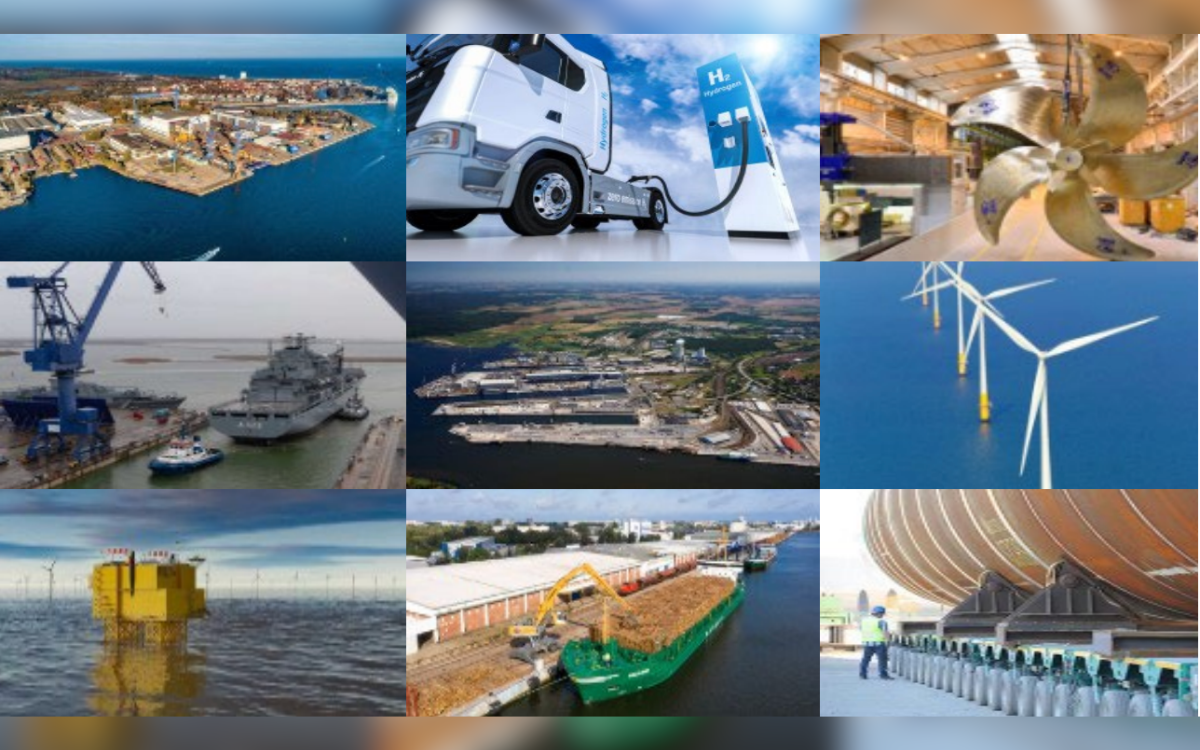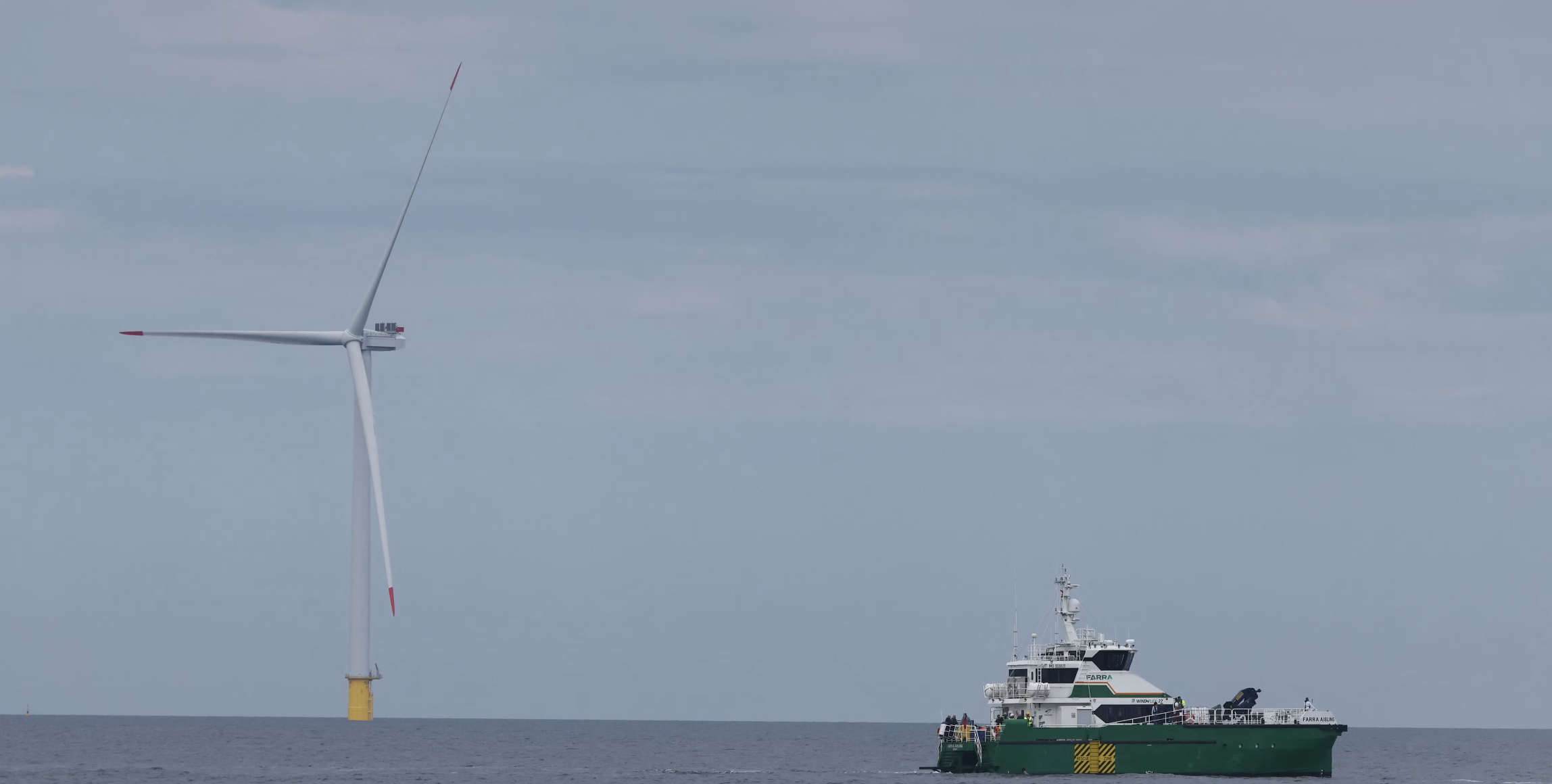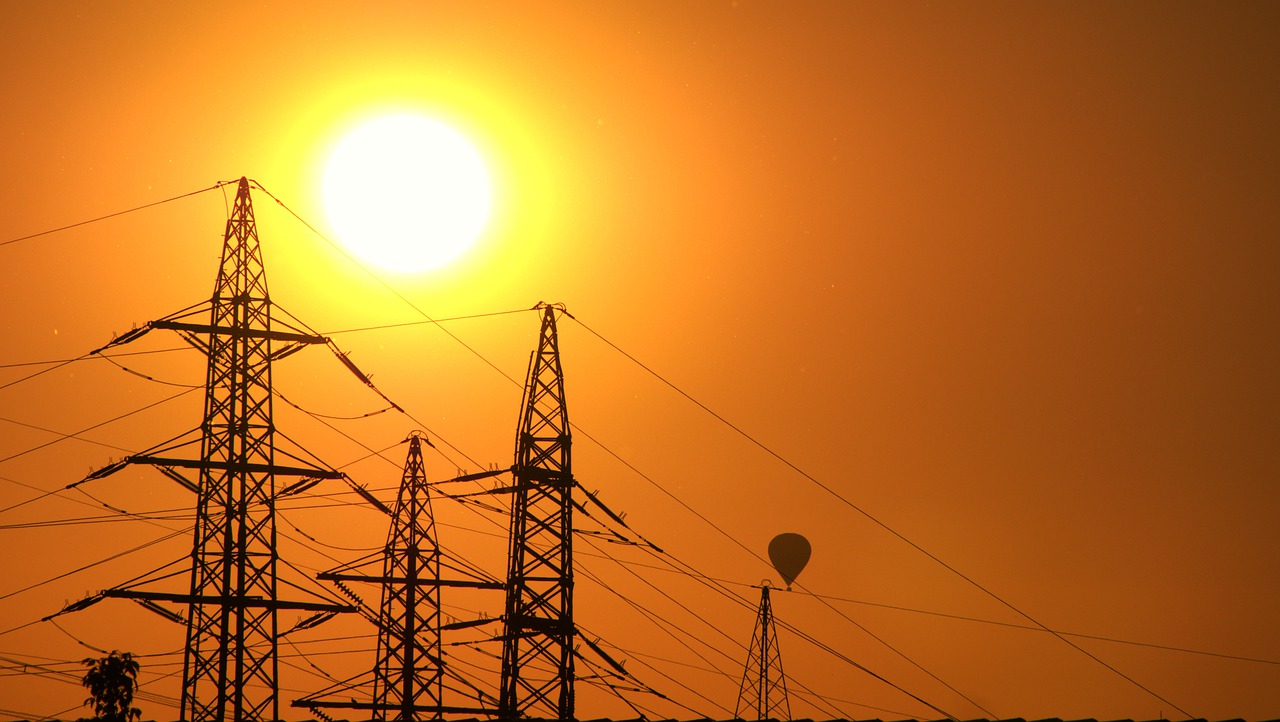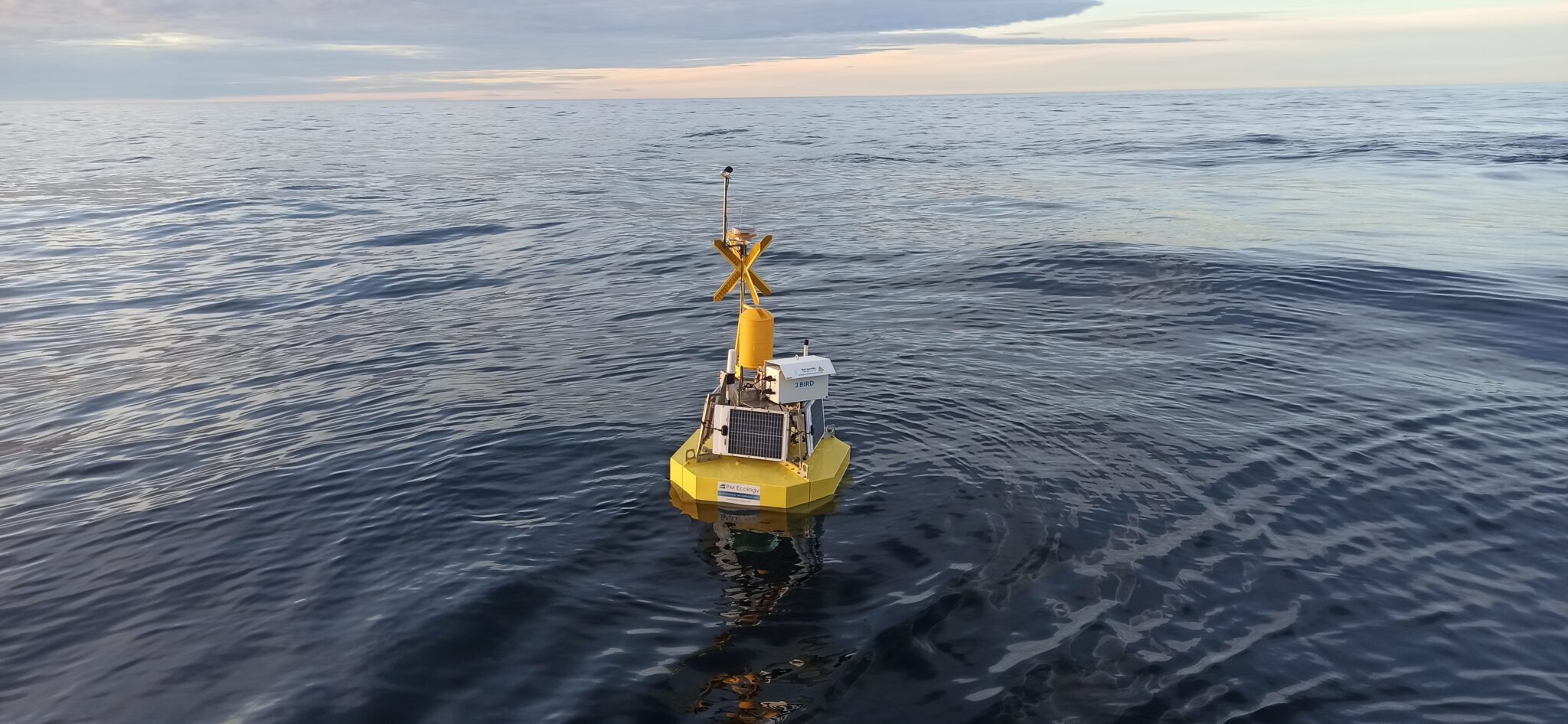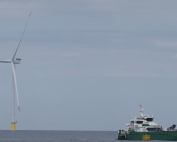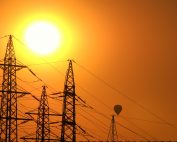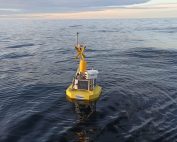The state of Mecklenburg-Vorpommern has unveiled its new Maritime Future Concept, a strategic roadmap aimed at strengthening its maritime economy as a crucial component of the region’s socio-economic and environmental transformation. The Concept, presented today to Minister-President Manuela Schwesig and Minister of Economic Affairs, Infrastructure, Tourism and Labour, Reinhard Meyer, aims to position the state as a leader in Germany’s energy transition and a vital gateway to the Baltic Sea.
The Maritime Future Concept outlines ambitious targets to bolster the local maritime industry and facilitate a sustainable energy and industrial transformation. Key initiatives include integrating offshore wind, green hydrogen infrastructure, and enhanced maritime security within the state’s economic strategy. Specific objectives set out to reinforce Mecklenburg-Vorpommern’s standing as a centre for renewable energy innovation and industrial development, backed by the recent acquisition of a major shipyard in Wismar by TKMS and plans for offshore converter construction at the Rostock-Warnemünde shipyard.
Karina Würtz, CEO of the Offshore Wind Energy Foundation and a key contributor to the Concept, highlighted the importance of Mecklenburg-Vorpommern’s coastal economy: “The maritime sector is deeply embedded in the state’s identity, holding tremendous potential for innovation and economic growth. By fully realising this potential, we can expand opportunities not only locally but across the wider Baltic region.”
The concept was developed with broad stakeholder engagement, including shipbuilders, offshore wind companies, ports, universities, and research institutions. This collaborative approach is expected to foster widespread support and facilitate the Concept’s implementation, which includes crucial recommendations to address the skills shortage and strengthen local supply chains.
Key Recommendations and Sector-Specific Goals
The Concept’s core recommendations focus on:
- Expediting planning and approval processes for maritime projects
- Ensuring land availability for energy and industrial infrastructure
- Facilitating technology transfer between academia and industry
- Expanding political and business relations in the maritime sector
Sector-specific goals further underscore Mecklenburg-Vorpommern’s commitment to establishing itself as a hub of maritime innovation:
- Ports: Improve security and hinterland connectivity, with increased federal funding.
- Offshore Wind: Strengthen national visibility, enhance EU collaboration, and secure industrial capacity to meet expansion targets.
- Hydrogen: Leverage port infrastructure to build robust hydrogen facilities.
- Shipbuilding: Emphasise economic importance and enhance cooperation between shipyards and suppliers.
- Naval Shipbuilding: Implement innovative concepts for national security and expedite security checks.
The Offshore Wind Energy Foundation, a leading proponent of sustainable offshore wind development in Germany and Europe, has provided valuable expertise in shaping the Concept. Established in 2005, the Foundation serves as a think tank, bringing together stakeholders from government, industry, and academia to advance offshore wind energy.
As Mecklenburg-Vorpommern embarks on this ambitious maritime strategy, the region’s enhanced focus on renewable energy, local industry, and security underscores its role in Germany’s sustainable future and strengthens its connections across the Baltic Sea region.
The full report can be accessed here.
